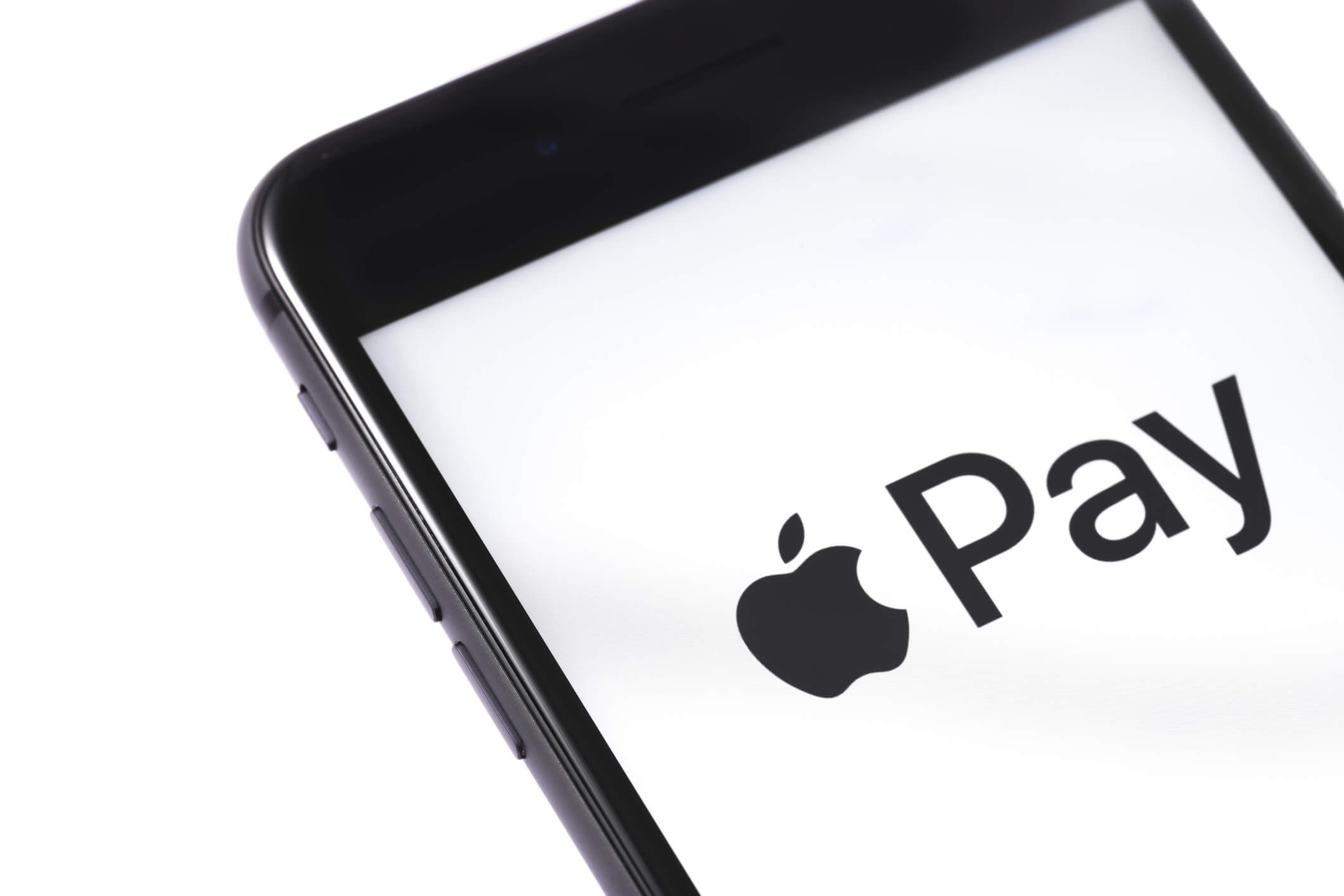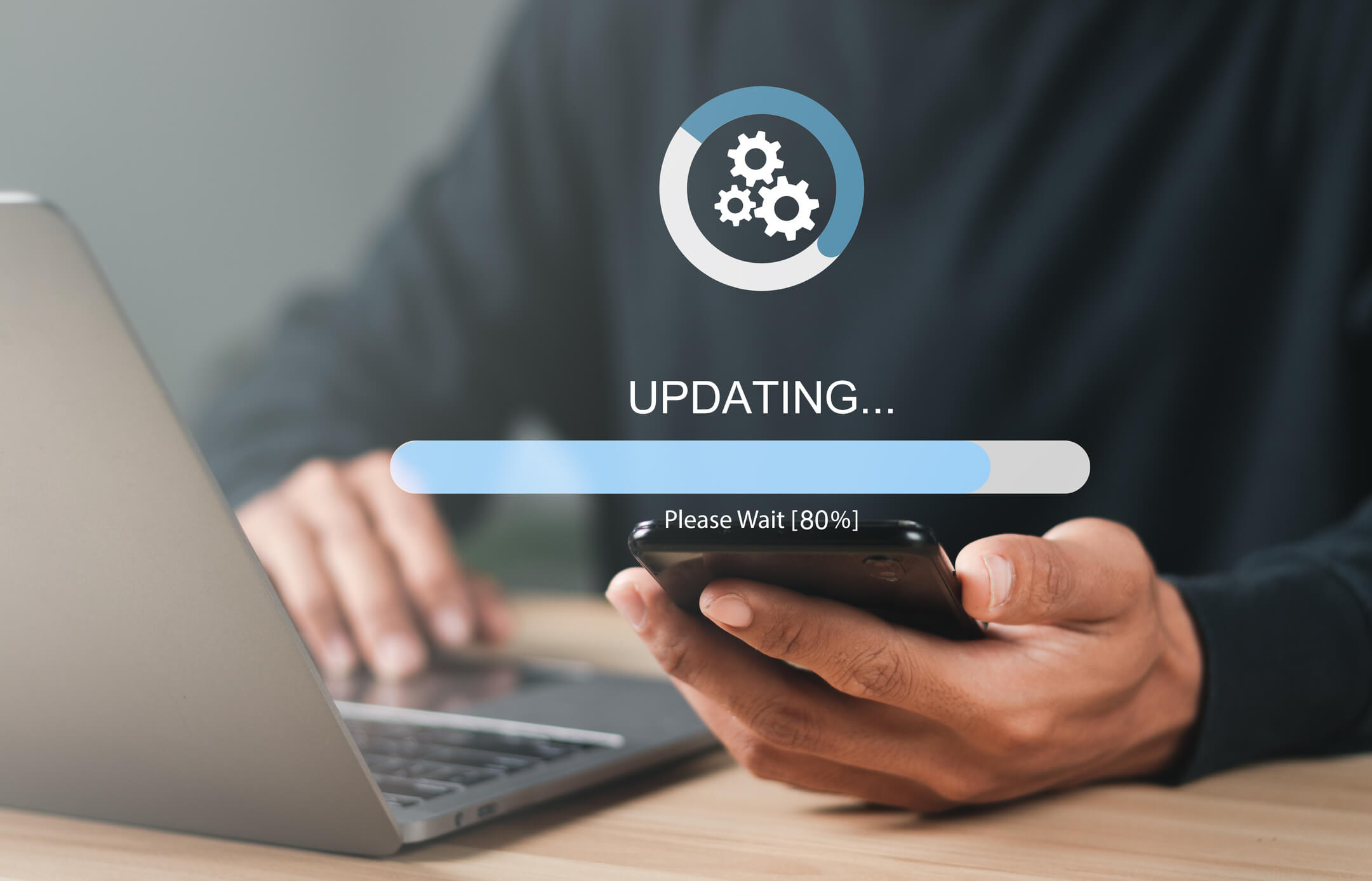
By alphacardprocess April 2, 2024
In today’s digital age, technology has revolutionized the way businesses operate, and the construction industry is no exception. With the rise of mobile payments, construction companies are now presented with a game-changing solution: Apple Pay. This innovative payment method offers numerous benefits, including enhanced security, improved customer experience, and streamlined transactions. By accepting Apple Pay, construction businesses can stay ahead of the curve and cater to the evolving payment preferences of their customers.
Why Apple Pay for Construction Businesses?
Integrating Apple Pay as a payment option in construction businesses can bring numerous benefits, streamlining operations and enhancing customer satisfaction. Here’s why Apple Pay is particularly suited for construction businesses:
Convenience and Efficiency

Apple Pay provides a quick and easy payment method, allowing clients to make payments using their Apple devices. This convenience translates to faster payment processing, reducing the wait times associated with traditional payment methods.
Enhanced Security

Apple Pay employs advanced security features, including two-factor authentication and tokenization, ensuring that client payment information is protected against fraud and theft.
Increased Client Satisfaction

Offering Apple Pay can significantly enhance client satisfaction. The simplicity and security of the payment process can improve the overall customer experience, leading to higher client retention rates.
Competitive Edge
Adopting Apple Pay can give construction businesses a competitive advantage, showcasing their commitment to embracing innovative technologies and meeting client expectations.
The Rise of Mobile Payments in the Construction Industry
The construction industry has traditionally relied on cash or checks for payment transactions. However, with the advent of mobile payments, the landscape is rapidly changing. According to a report by Zion Market Research, the global mobile payment market is expected to reach a staggering $4.5 trillion by 2023. This growth can be attributed to the increasing adoption of smartphones and the convenience they offer in making payments on the go.
Construction businesses are recognizing the need to adapt to this shift in consumer behavior. By accepting mobile payments, they can tap into a larger customer base and provide a seamless payment experience. Apple Pay, in particular, has gained significant traction in the construction industry due to its widespread popularity and ease of use.
Understanding Apple Pay: How Does It Work?
Apple Pay is a mobile payment and digital wallet service developed by Apple Inc. It allows users to make payments using their iPhone, Apple Watch, iPad, or Mac devices. The payment process is simple and secure, utilizing near-field communication (NFC) technology and biometric authentication.
To make a payment with Apple Pay, users need to add their credit or debit card information to the Wallet app on their Apple device. When making a purchase, they can simply hold their device near a contactless payment terminal and authenticate the transaction using Touch ID or Face ID. The payment is then processed securely, without the need to share card details with the merchant.
Benefits of Accepting Apple Pay for Construction Businesses
Accepting Apple Pay can bring a multitude of benefits to construction businesses. Firstly, it enhances security by eliminating the need for physical cards and reducing the risk of card skimming or theft. With Apple Pay, each transaction is authenticated using biometric data, making it more secure than traditional payment methods.
Secondly, Apple Pay offers a seamless and convenient payment experience for customers. Construction projects often involve multiple payments, and Apple Pay simplifies the process by allowing users to store multiple cards in their digital wallet. This eliminates the need to carry multiple physical cards and speeds up the checkout process.
Furthermore, accepting Apple Pay can help construction businesses attract tech-savvy customers who prefer mobile payment options. According to a survey by PYMNTS, 56% of consumers aged 18-34 prefer using mobile wallets for payments. By offering Apple Pay, construction companies can cater to this demographic and gain a competitive edge in the market.
Implementing Apple Pay: Step-by-Step Guide for Construction Companies
Integrating Apple Pay into existing payment systems may seem daunting, but with the right approach, it can be a smooth transition. Here is a step-by-step guide for construction companies looking to implement Apple Pay:
- Assess compatibility: Ensure that your point-of-sale (POS) system supports Apple Pay. Most modern POS systems are equipped with NFC technology, but it’s important to verify compatibility before proceeding.
- Set up a merchant account: To accept Apple Pay, construction businesses need to set up a merchant account with a payment processor that supports Apple Pay transactions. This can be done through a bank or a third-party payment service provider.
- Update hardware and software: If your current POS system does not support Apple Pay, you may need to upgrade your hardware or software. Consult with your POS provider or IT department to ensure compatibility.
- Train staff: Provide training to your staff on how to process Apple Pay transactions. Familiarize them with the payment process and address any concerns or questions they may have.
- Promote Apple Pay acceptance: Once you have implemented Apple Pay, make sure to promote it to your customers. Display Apple Pay logos or signage at your point of sale to inform customers that you accept this payment method.
Addressing Security Concerns: Apple Pay vs. Traditional Payment Methods
Security is a top concern for construction businesses when it comes to accepting digital payments. However, Apple Pay offers several security features that make it a safer option compared to traditional payment methods.
One of the key security features of Apple Pay is tokenization. When a user adds their card to Apple Pay, the card details are replaced with a unique token. This token is used for transactions, ensuring that the actual card details are never shared with the merchant. Even if a hacker intercepts the token, it is useless without the user’s biometric authentication.
Additionally, Apple Pay utilizes biometric authentication, such as Touch ID or Face ID, to authorize transactions. This adds an extra layer of security, as it ensures that only the authorized user can make payments using their device.
In contrast, traditional payment methods, such as cash or checks, are more susceptible to theft or fraud. Physical cards can be easily lost or stolen, and card skimming devices can be used to steal card information. By accepting Apple Pay, construction businesses can mitigate these risks and provide a secure payment environment for their customers.
Enhancing Customer Experience: Apple Pay’s Convenience and Speed
Customer experience is a crucial aspect of any business, and construction companies are no exception. Apple Pay offers a convenient and speedy payment experience that can significantly enhance customer satisfaction.
With Apple Pay, customers no longer need to fumble for their wallets or carry multiple physical cards. They can simply use their Apple device to make payments, eliminating the need for physical cards altogether. This convenience is especially valuable in the construction industry, where workers may not always have their wallets on hand.
Furthermore, Apple Pay transactions are processed quickly, reducing wait times at the point of sale. This is particularly beneficial for construction businesses that handle multiple transactions throughout the day. By streamlining the payment process, Apple Pay allows construction companies to serve more customers efficiently.
Apple Pay and the Future of Construction Payments
The adoption of Apple Pay in the construction industry is a clear indication of the future of construction payments. As technology continues to advance, mobile payments are expected to become the norm, replacing traditional payment methods.
According to a report by McKinsey & Company, the construction industry is undergoing a digital transformation, with mobile payments playing a significant role. By embracing Apple Pay, construction businesses can position themselves at the forefront of this transformation and adapt to the changing needs of their customers.
Overcoming Challenges: Transitioning to Apple Pay in the Construction Sector
While the benefits of accepting Apple Pay are evident, transitioning to this payment method may present some challenges for construction businesses. One of the main challenges is the initial investment required to upgrade hardware or software to support Apple Pay. However, this investment is outweighed by the long-term advantages and potential for increased revenue.
Another challenge is the need to educate customers about Apple Pay and its benefits. Some customers may be unfamiliar with mobile payments or hesitant to adopt new technology. Construction businesses can overcome this challenge by providing clear instructions and promoting the convenience and security of Apple Pay.
Additionally, construction companies may face resistance from employees who are resistant to change or unfamiliar with mobile payment systems. Training and communication are key to addressing these concerns and ensuring a smooth transition.
FAQs:
Q1: Is Apple Pay widely accepted in the construction industry?
Yes, Apple Pay is increasingly accepted in the construction industry. Many construction businesses have recognized the benefits of accepting Apple Pay and have integrated it into their payment systems.
Q2: Can Apple Pay be used for large transactions in construction?
Yes, Apple Pay can be used for large transactions in construction. There is typically no limit on the transaction amount when using Apple Pay, as long as the customer’s bank allows it.
Q3: How can construction businesses integrate Apple Pay into their existing systems?
Construction businesses can integrate Apple Pay into their existing systems by ensuring compatibility with their point-of-sale (POS) system, setting up a merchant account, updating hardware and software if necessary, training staff, and promoting Apple Pay acceptance to customers.
Q4: What security measures are in place to protect construction companies and their customers?
Apple Pay utilizes tokenization and biometric authentication to enhance security. Tokenization replaces card details with a unique token, ensuring that the actual card information is never shared with the merchant. Biometric authentication, such as Touch ID or Face ID, adds an extra layer of security by requiring the user’s fingerprint or facial recognition to authorize transactions.
Q5: Are there any additional costs associated with accepting Apple Pay?
There may be additional costs associated with accepting Apple Pay, such as transaction fees charged by the payment processor. Construction businesses should consult with their payment processor or merchant account provider to understand the specific costs involved.
Conclusion:
Embracing Apple Pay has become increasingly important for construction businesses in today’s digital age. With its numerous benefits, including enhanced security, improved customer experience, and streamlined transactions, Apple Pay offers a game-changing solution for the industry. As demonstrated by real-life case studies, construction companies that have adopted Apple Pay have witnessed significant growth and customer satisfaction. While challenges may arise during the transition, the long-term advantages make it a worthwhile investment. By accepting Apple Pay, construction businesses can stay ahead of the curve and cater to the evolving payment preferences of their customers.